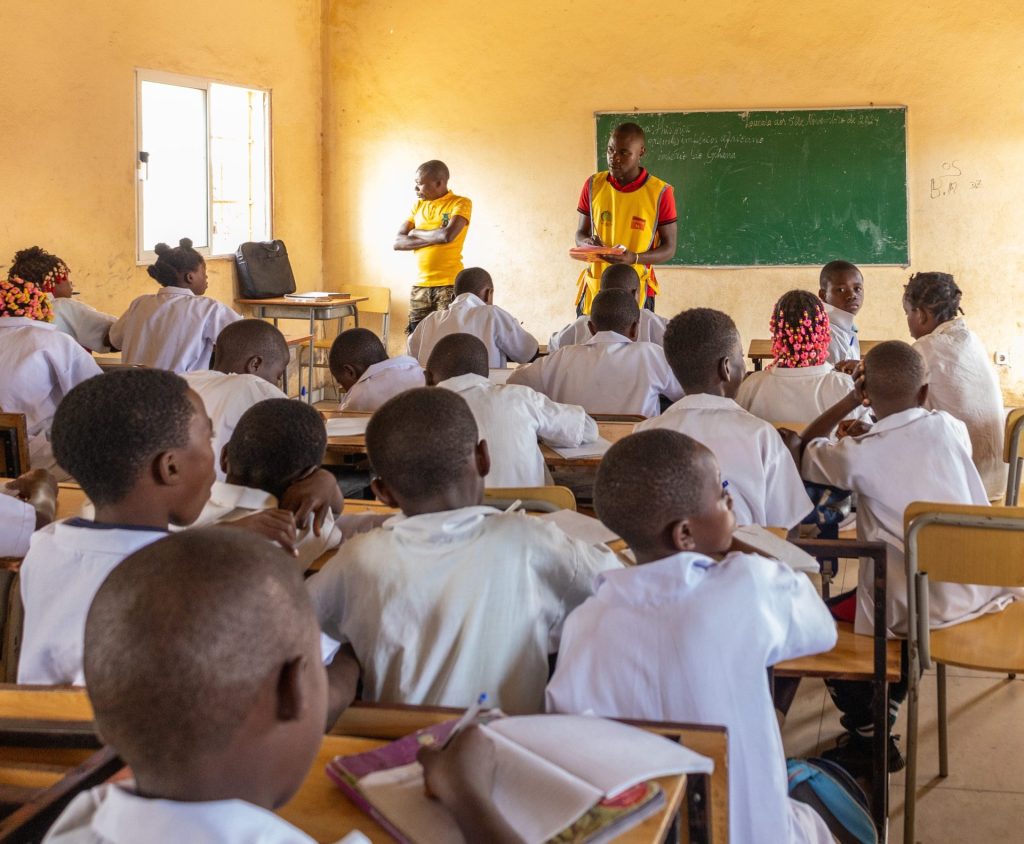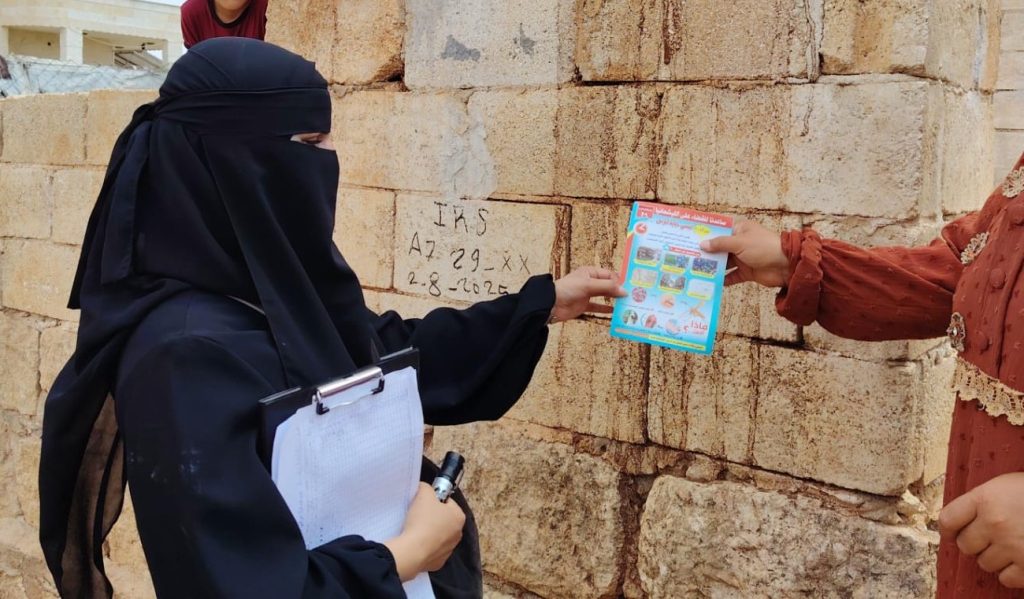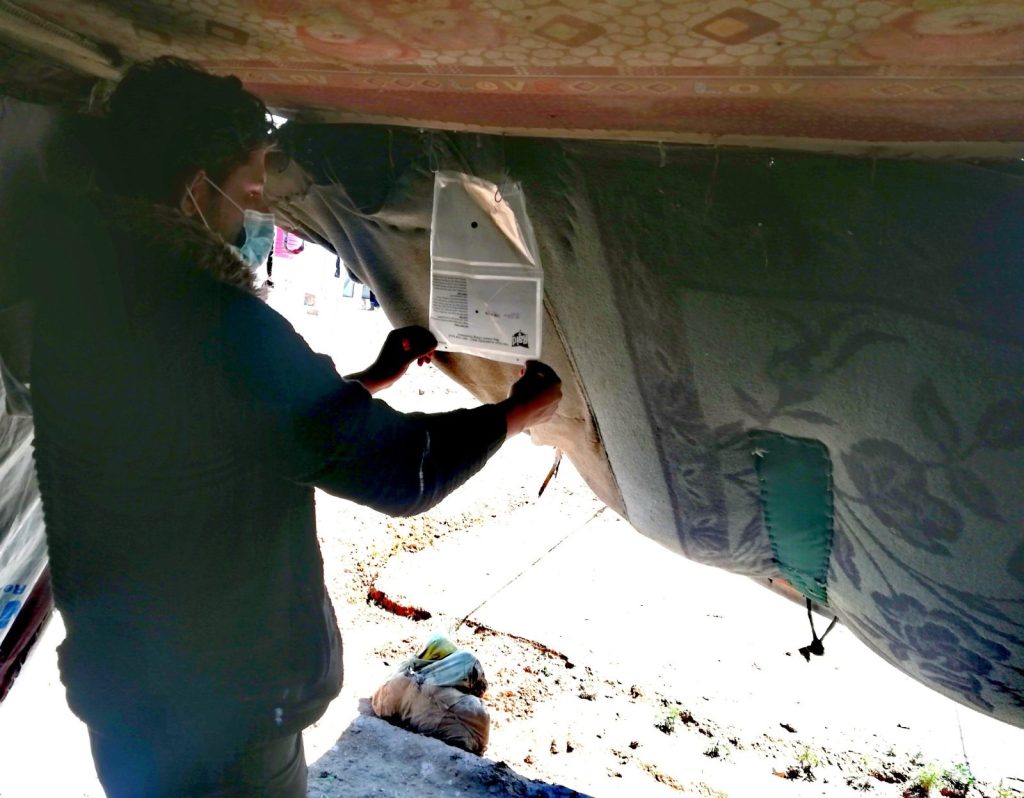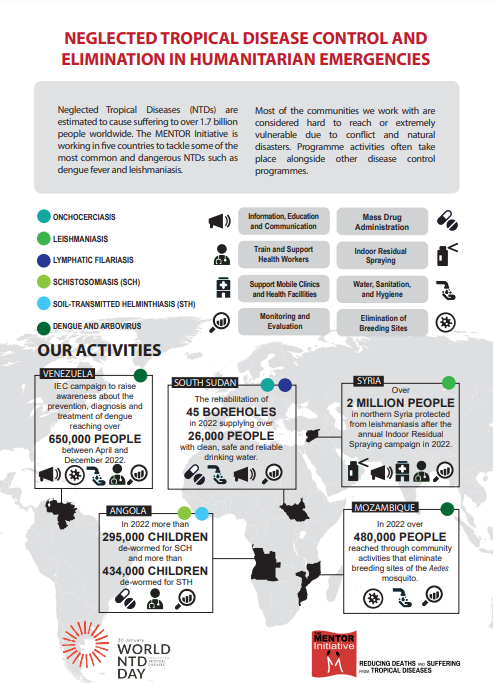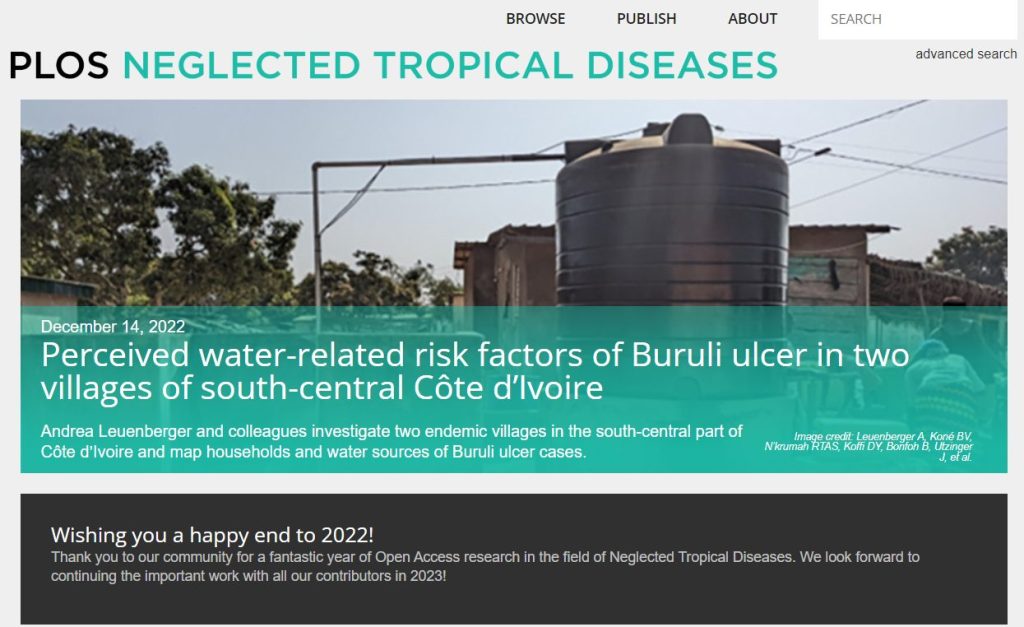Syria
The Syrian Civil War that began in 2011 has resulted in one of the most complex humanitarian crises of the 21st century. In conflict zones like Syria, healthcare infrastructure is severely disrupted and living conditions are often unsanitary. These conditions create the perfect environment for the proliferation of leishmaniasis, a vector-borne disease that is transmitted by sandflies.
Sandflies breed in cracks and crevices, in uncollected waste, and in the rubble of destroyed buildings. The disease is also often associated with malnutrition, population displacement, poor housing and weakened immune systems, which are all widespread across Syria. The disease manifests in different forms, including cutaneous leishmaniasis (CL), which causes skin sores, and visceral leishmaniasis (VL), which affects internal organs and can be fatal if left untreated.
The MENTOR Initiative has been active in Syria since 2013, implementing various activities to address leishmaniasis and its associated risks.
MENTOR has made extensive efforts to combat leishmaniasis across the north-west and north-east regions and delivered prevention and treatment activities in seven governorates.
- Providing diagnostics and treatment through supporting health facilities run by partner organisations and operating mobile units in hard-to-reach areas.
- Annual indoor residual spraying (IRS) campaigns to reduce the sandfly population.
- Distributing long-lasting insecticidal nets (LLINs).
- Solid waste management activities.
- Large-scale awareness and information campaigns focusing on recognising symptoms, disease prevention and treatment options.
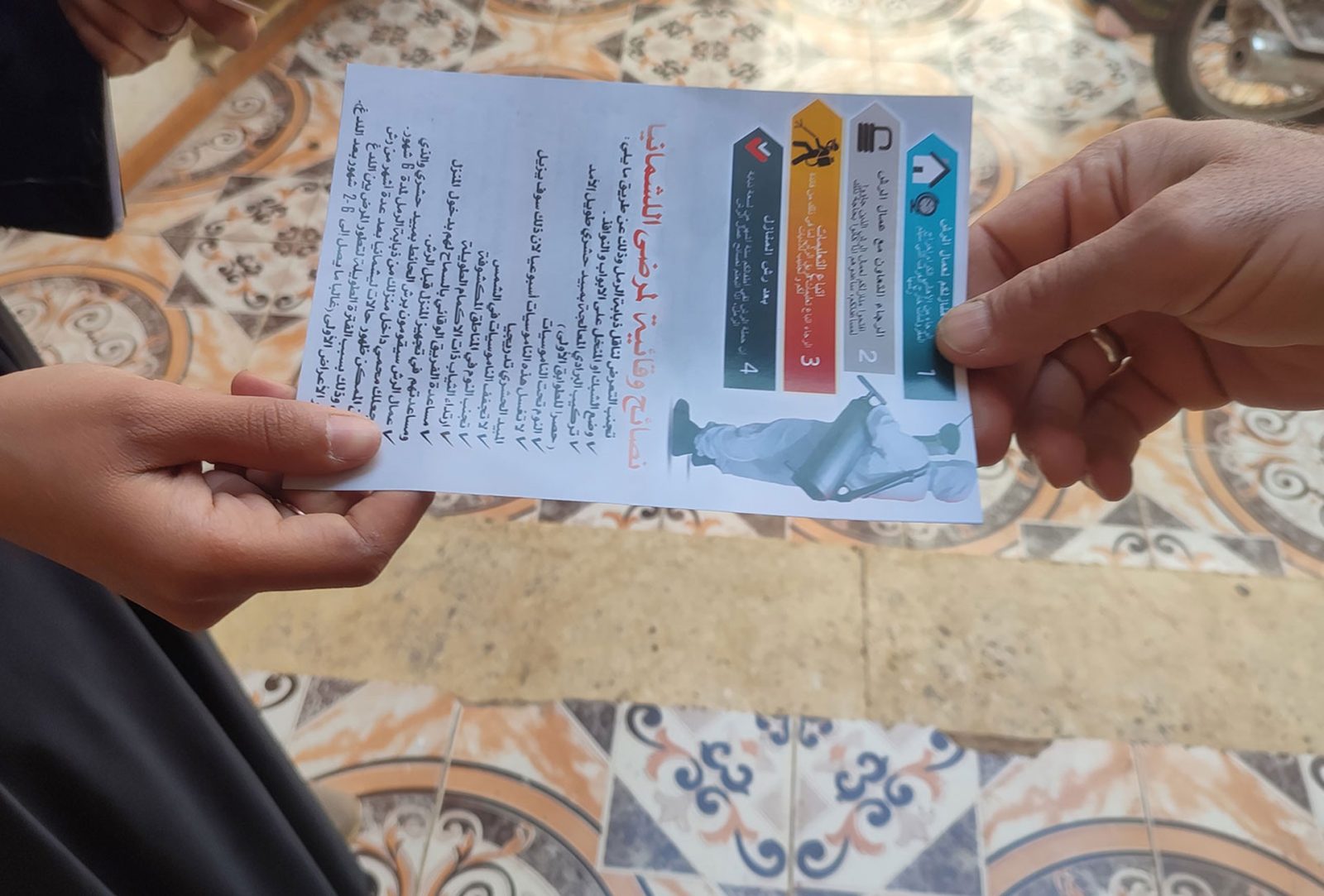
- Indoor Residual Spraying (IRS) targeted 443,382 households, reaching 2,230,560 people.
- Hygiene Promotion through Information, education and communication activities reached 58,067 people.
- 19,100 long-lasting insecticide treated nets were distributed, protecting around 44,130 people.
- Supported over 154 static health facilities and operated 10 mobile units to provide leishmaniasis diagnosis and treatment at the community level.
- A total of 38,057 cutaneous leishmaniasis and 71 visceral leishmaniasis cases were detected through MENTOR-supported facilities. Over 410,000 health consultations were provided to people at risk.

